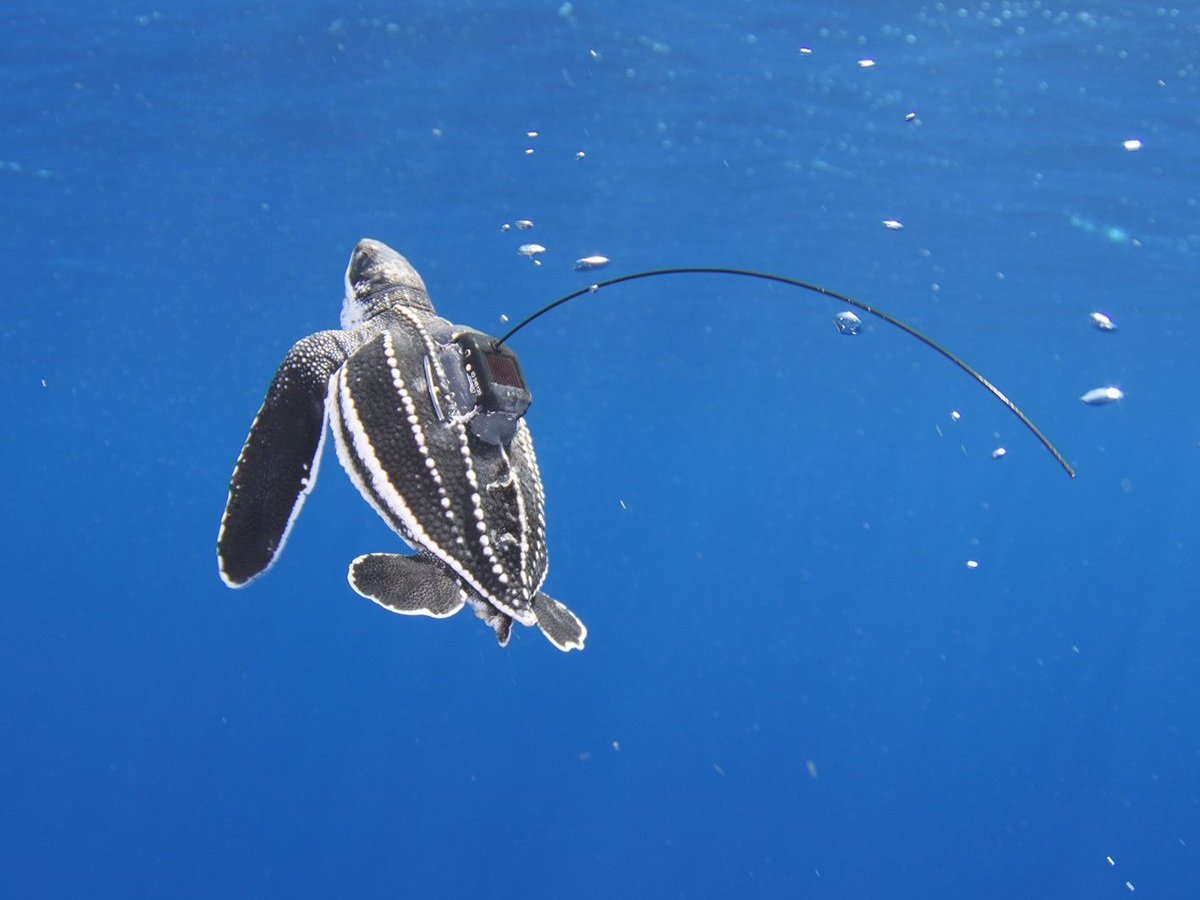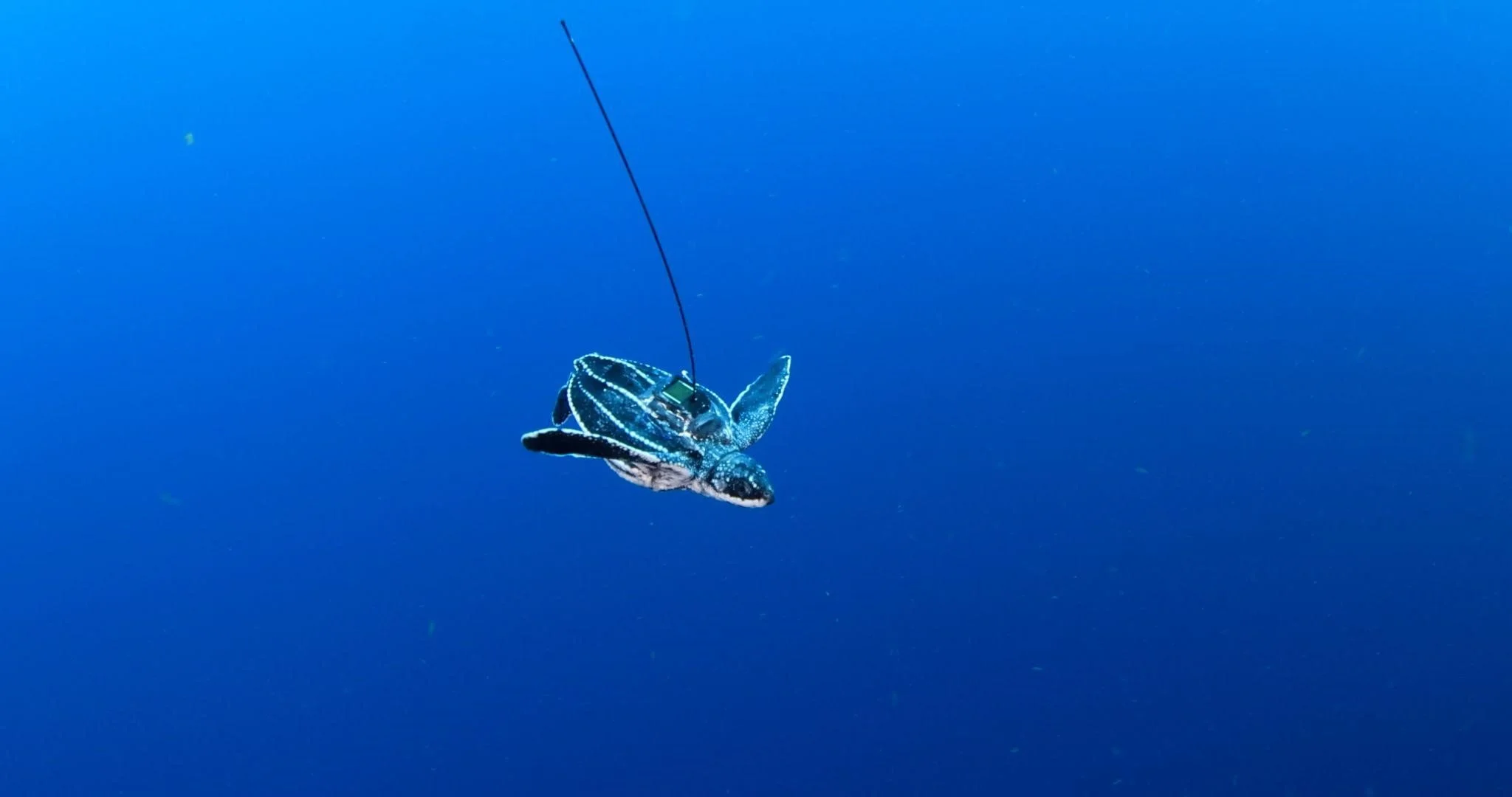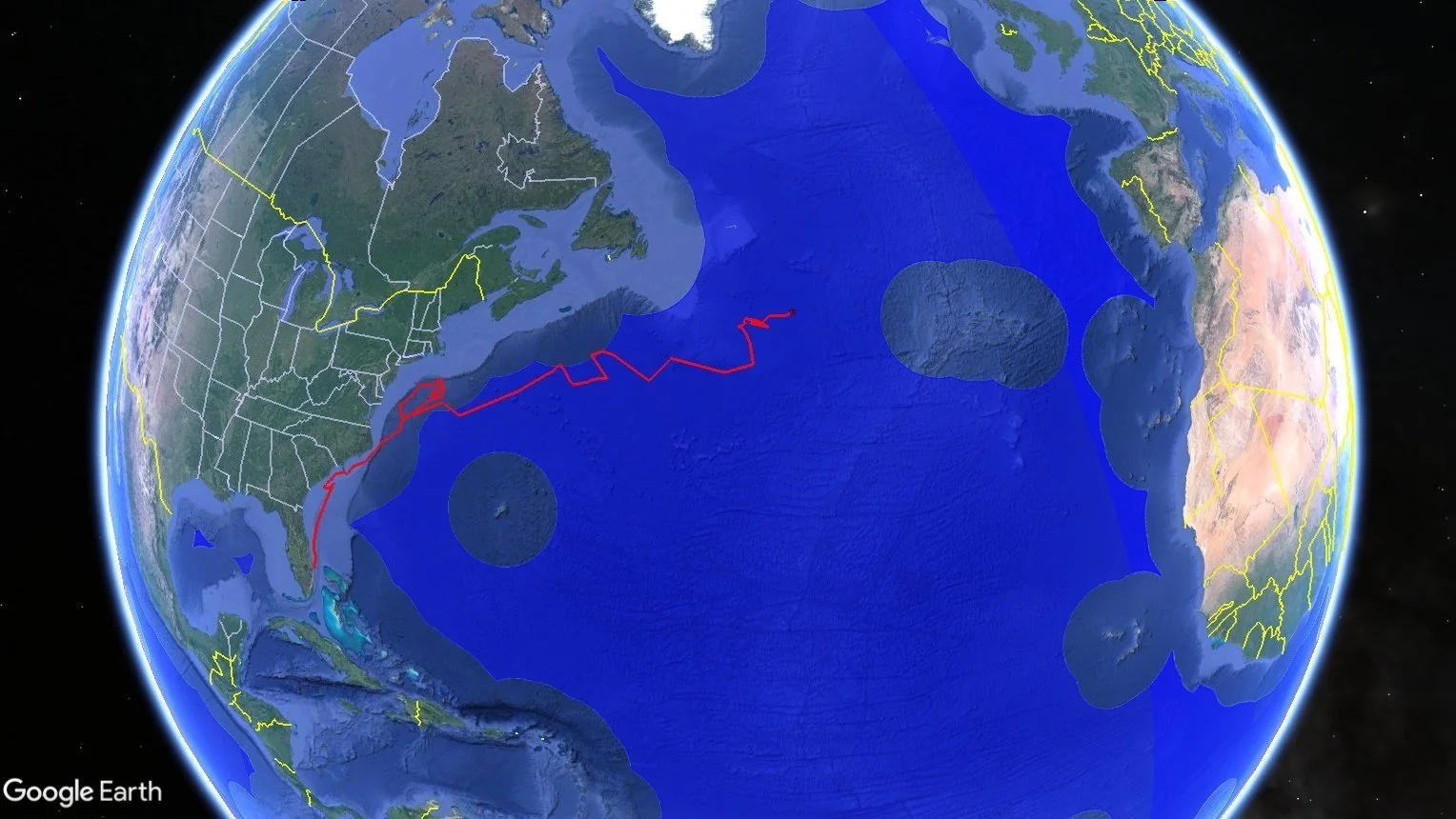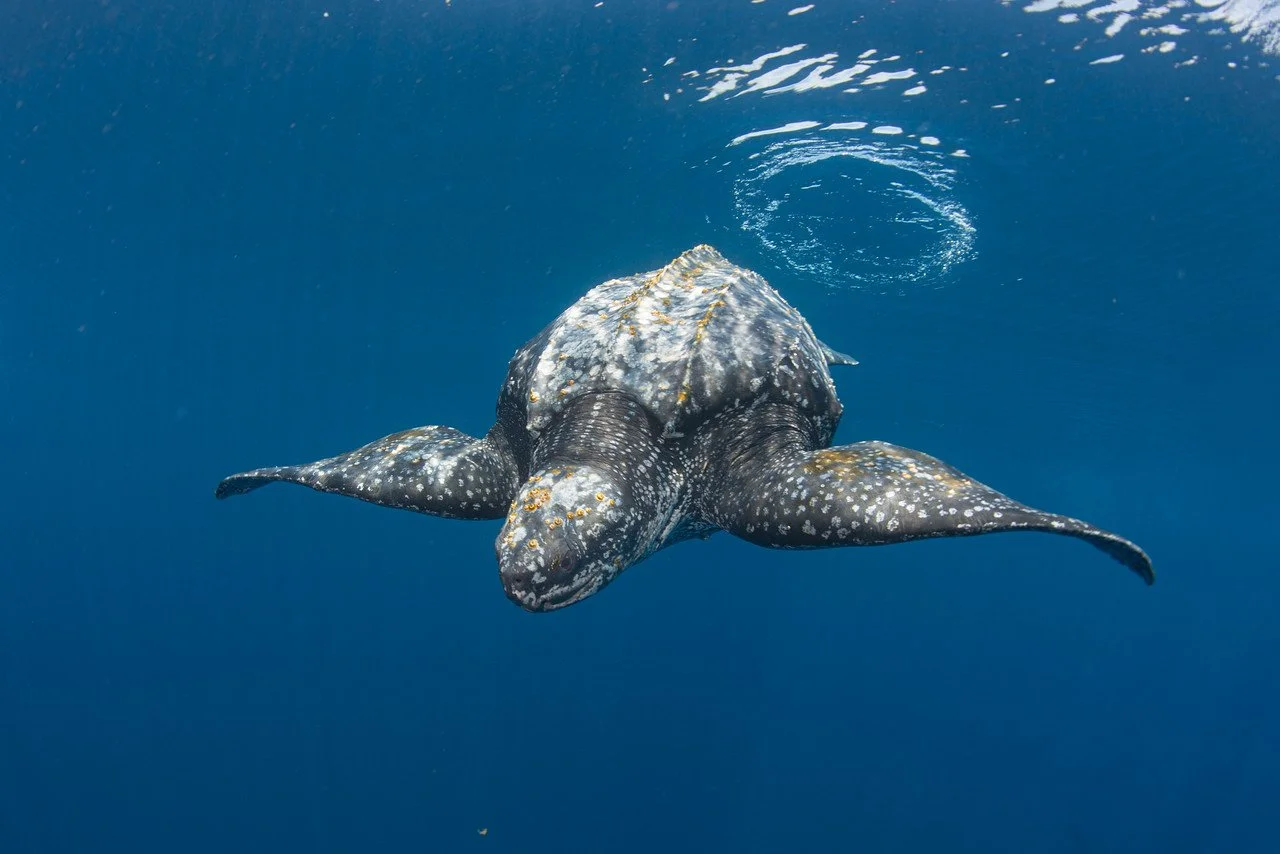Telemetry, also known as biologging, is when researchers use tags to follow an animal and collect data on its location, physiology, behavior and environment. This kind of data helps researchers create effective conservation strategies; for example identifying areas where an animal forages, breeds or builds its home and then reducing threats in those areas. Learn more about how Upwell is using cutting-edge telemetry tech to learn more about juvenile sea turtles in our latest blog post!
Why the High Seas Treaty Is Important to Sea Turtles
Most sea turtle species migrate and spend large amounts of their life history in areas of the ocean considered “high seas.” The high seas are the parts of the ocean that are not under the jurisdiction of any nation. In June of 2023, after almost two decades of negotiations, UN Member states adopted the Biodiversity in Areas Beyond National Jurisdiction treaty (also known as the High Seas Treaty) to provide a coherent and holistic framework for protecting the high seas. Earlier this month, Upwell Executive Director Dr. George Shillinger attended the High Seas Treaty symposium to learn more about how its implementation may impact sea turtle populations and to seek opportunities to further the protection of turtles at sea.
Press Release: Novel Research Takes Marine Conservation Tools to a New Dimension
Using Machine Learning to Understand Turtles’ Lives at Sea
What does a researcher studying animal behavior do when the animal they are studying takes off into the middle of the Pacific ocean? In this post, Upwell Researcher Dr. Nicole Barbour breaks down how machine learning can be used to help researchers interpret data from tagged leatherbacks to understand their behavior at sea. Featured image by Juergen Freund.
Notes From The Field: Monitoring Florida’s Leatherbacks
At the beginning of June, Upwell Executive Director George Shillinger traveled to Juno and Jupiter beaches in Florida to catch the end of the leatherback nesting season monitoring conducted at Loggerhead Marinelife Center (LMC) and participate in ongoing collaborative research projects. Read more about those projects and meet some of the leatherbacks that were monitored this season!
Farewell and Good Luck, Ember!
Ember In The Atlantic Ocean
A Brief History of the Sheila B. Research Vessel
Since 2021, John Douglas has worked with Upwell as captain of the Sheila B. research vessel while monitoring for leatherback sea turtles in the Pacific Northwest. The Sheila B. is a boat that has been specially engineered for the research work that it carries out. In this blog, John gives us insight into its history and its evolution into the perfect vessel for leatherback sea turtle monitoring.















